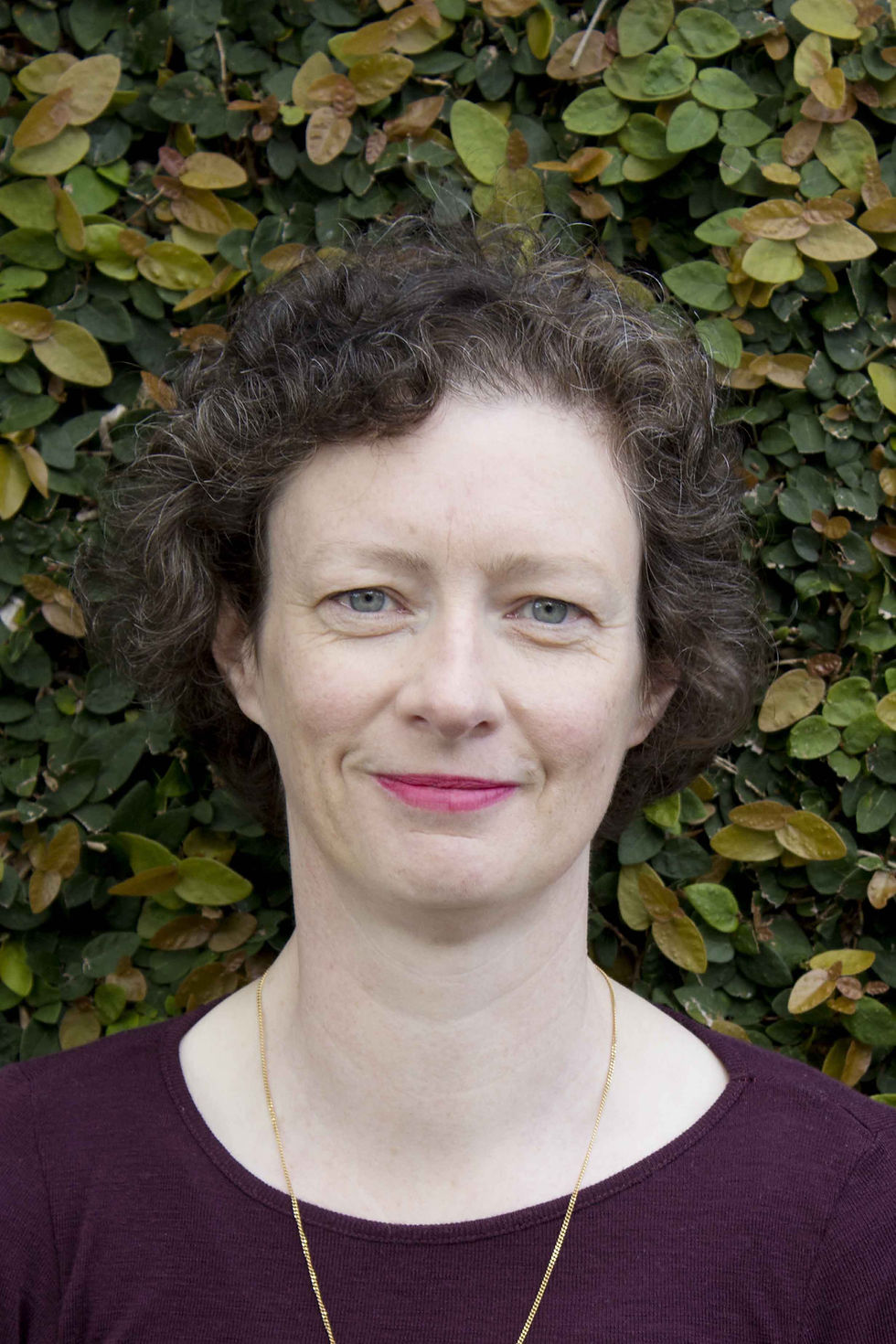Interview: Jennifer Ashton talks about Thief, Convict, Pirate, Wife
- NZ Booklovers

- Jul 20, 2022
- 4 min read

Jennifer Ashton is an Auckland-based technical writer and editor. In 2012 she completed a PhD in history at the University of Auckland, which was published by Auckland University Press in 2015 as At the Margin of Empire: John Webster and Hokianga, 1841–1900. Jennifer talks to NZ Booklovers about her latest publication.
Tell us a little about Thief, Convict, Pirate, Wife.
The book’s a non-conventional biography of Charlotte Badger, who was one of the first Pakeha women to spend time in New Zealand. She was a convict who was sent to New South Wales and who lived a pretty extraordinary life, but about whom a lot of myths have grown up. She was on board a ship that was stolen in Tasmania and brought the Bay of Islands in 1806, and there are stories about how she led the piracy and about how she might have ended up running away to America. The book is part a history and part a detective story because it tries to get to the bottom of what actually happened to her, with the title describing the four main periods of her life. It also talks about how history gets constructed and changes over time, and about how what we think happened might not always be the case.

What inspired you to write this book?
In 2014 I finished a book about a timber trader named John Webster who lived in Hokianga in the nineteenth century. That involved doing a lot of reading about Northland, and in the process I came across the story of Charlotte Badger. I was originally interested in how I might go about writing a biography of someone who left behind no original writing or other sources. Webster corresponded with other people, kept a journal for a while, appeared in newspaper reports, left business records and photos, but even then there were gaps in the record that needed to be dealt with. Writing about someone as sketchy as Badger seemed like an interesting challenge. And the mystery surrounding her fate added to that challenge.
What research was involved?
It was a mixture of trawling through digital records and locating archival material. Quite a few of the records that deal with her early life, her conviction for housebreaking and imprisonment, as well as her later life, haven’t been digitised, so I needed to travel to the UK and Sydney to access them. I also wanted to retrace her steps and visit her hometown of Bromsgrove and Worcester, where she was convicted and imprisoned before being transported to New South Wales. One of the most interesting moments was standing in the room where her trial was conducted in Worcester Guildhall and trying to imagine what that moment might have been like.
What was your routine or process when writing this book?
The process of writing a history book always starts with the research, so there’s a lot of time at the beginning looking for evidence and not much writing, but as you go along that balance shifts. Completing this book was a bit of a stop-start affair because I work almost fulltime. So, it involved a lot of weekends and evenings and taking some time off work. In the end it took six years to research, write and rewrite, and there were times when I wondered if it would get done. But at some point, you just have to decide whether you’re either going to commit the time or walk away and, with the help of my publisher, I decided to see it through.
If a soundtrack was made to accompany this book, name a song or two you would include.
I think Haul Away by Split Enz would be great on a soundtrack because the music is really evocative of a sea shanty. The lyrics aren’t such a close fit, except for the last line, which goes “Everyone has their own little story”. That line is pretty much perfect.
If your book was made into a movie, who would you like to see playing the lead characters?
Ideally, and ignoring the limitations of time, I think a young Kate Winslet would be great as Charlotte – kind of Titanic’s Rose Dewitt Bukater with an English regional accent and no money.
What did you enjoy the most about writing Thief, Convict, Pirate, Wife?
For me the most enjoyable part of writing a history book is the research. It’s like being a detective but more fun and much less traumatic! There’s something thrilling about coming upon a document from two hundred years ago that mentions the very person you are looking for and brings them a little bit back to life. The writing side of things can be satisfying, but it’s much harder work.
What did you do to celebrate finishing this book?
To be honest, I’ve celebrated by going outside and taking up gardening again!
What is the favourite book you have read so far this year and why?
I’ve been reading The Copernicus Complex by Caleb Scharf. It’s a popular science book that talks about how typical or atypical Earth might be in the universe. When things seem a bit crazy in the world, it’s the kind of book that helps keep everything in perspective.
What’s next on the agenda for you?
I’ve started looking at doing something on an aspect of Auckland history, but it’s very early days. Hopefully, it won’t take another six years, though!
Auckland University Press



